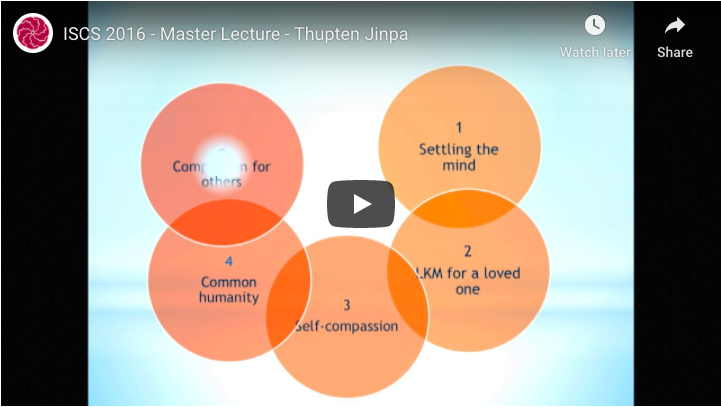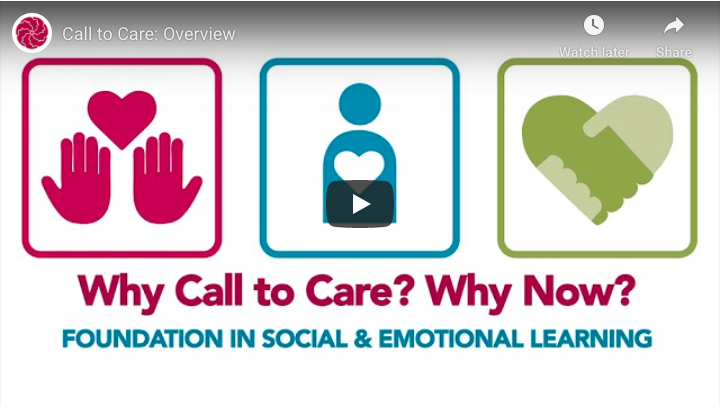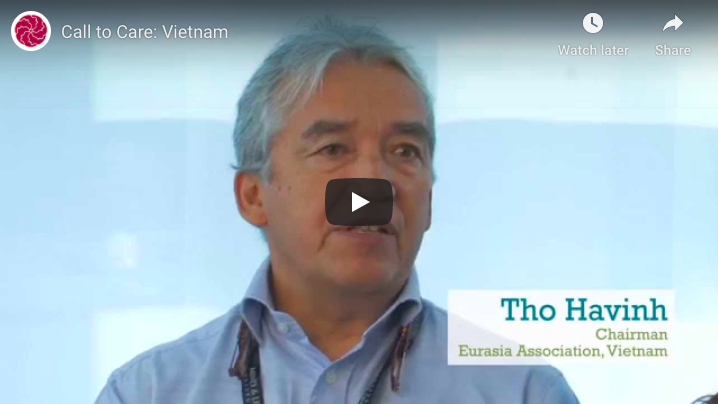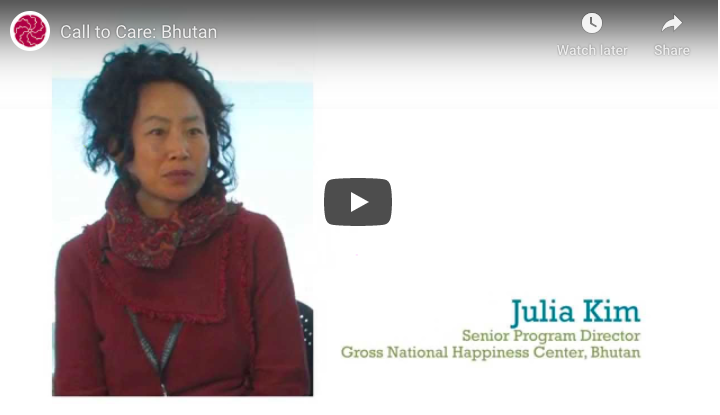Understanding the Psychology Behind Compassion Meditation
Topic Archives:
A Call for More Compassionate, Equitable Education
What’s Equity Got to Do With It? Recently I presented at a workshop for educators interested in the science of social and emotional learning (SEL) and prosocial education. After leading a half-day session on cultivating compassion, in which I also highlighted common blocks and obstacles — like stereotype, bias, prejudice and racism — to cultivating …
Continue reading “A Call for More Compassionate, Equitable Education”
Developing Measures of Compassion, Empathy, Care, and Kindness
As contemplative approaches are being applied in educational settings with increasing frequency, early studies using self-report and academic outcomes suggest that these programs hold promise for the well-being of both teachers and students. However, the field currently lacks empirically rigorous measures to evaluate important real-world behavior and psychological change due to the cultivation of compassion, …
Continue reading “Developing Measures of Compassion, Empathy, Care, and Kindness”
Call to Care: Overview
The contemplative path: How do we learn?
In my own experience with meditation, I’ve often wondered about the difference between reading a thoughtful analysis or set of instructions, listening to an inspiring teacher, and sitting on the cushion to practice. These varied activities represent different ways of integrating information into our minds and bodies—in short, different ways of learning. Is one mode …
Working with Fears of Compassion
Our capacity to extend compassion is closely connected to our ability to receive compassion. To put it another way, our ability to “see others” is intimately connected to our ability to “be seen.” These capacities can be impeded or obstructed by fears of being vulnerable, strong feelings of self-loathing or dislike, and also by fears …
Fostering Communities of Care: Toward an Ecological Approach to the Development and Implementation of Contemplative-Based Programs
Fostering compassion and trust among individuals and groups is key to the success and sustainability of communities of care. A number of mindfulness and compassion-based contemplative interventions offer methods for enhancing connection, empathy, and care, yet these approaches too often focus on the development of intra rather than interpersonal skills. This is due in part …
Basic Benefactor Practice: A Relational Contemplation for Deepening in Trust
In many compassion meditations, the meditator focuses on growing and extending love and compassion for others. In Benefactor Practice, a contemplative application adapted from an ancient form of Tibetan devotional practice by John Makransky, we visualize receiving love and acceptance from a trusted other. Using memories from our real life, we relive “benefactor moments,” times …
Continue reading “Basic Benefactor Practice: A Relational Contemplation for Deepening in Trust”






